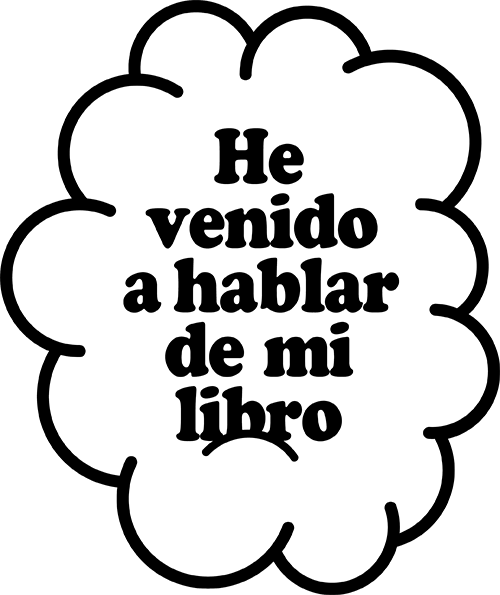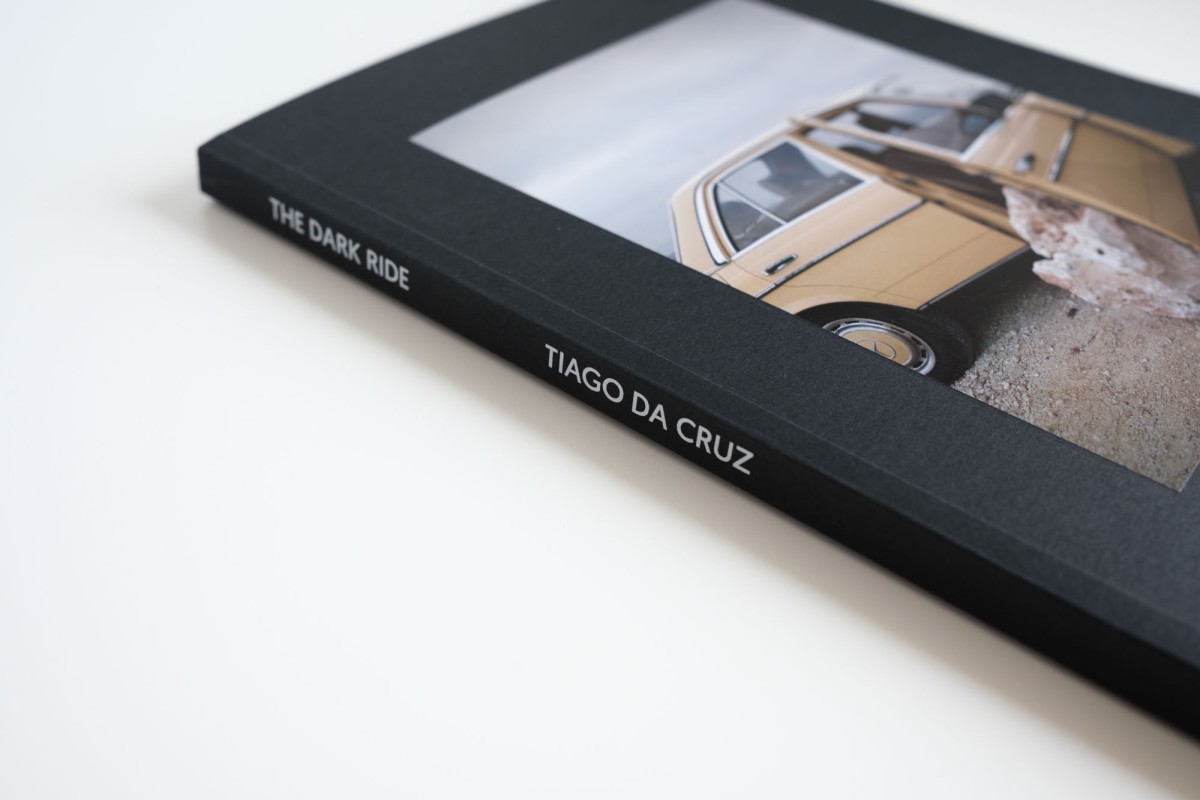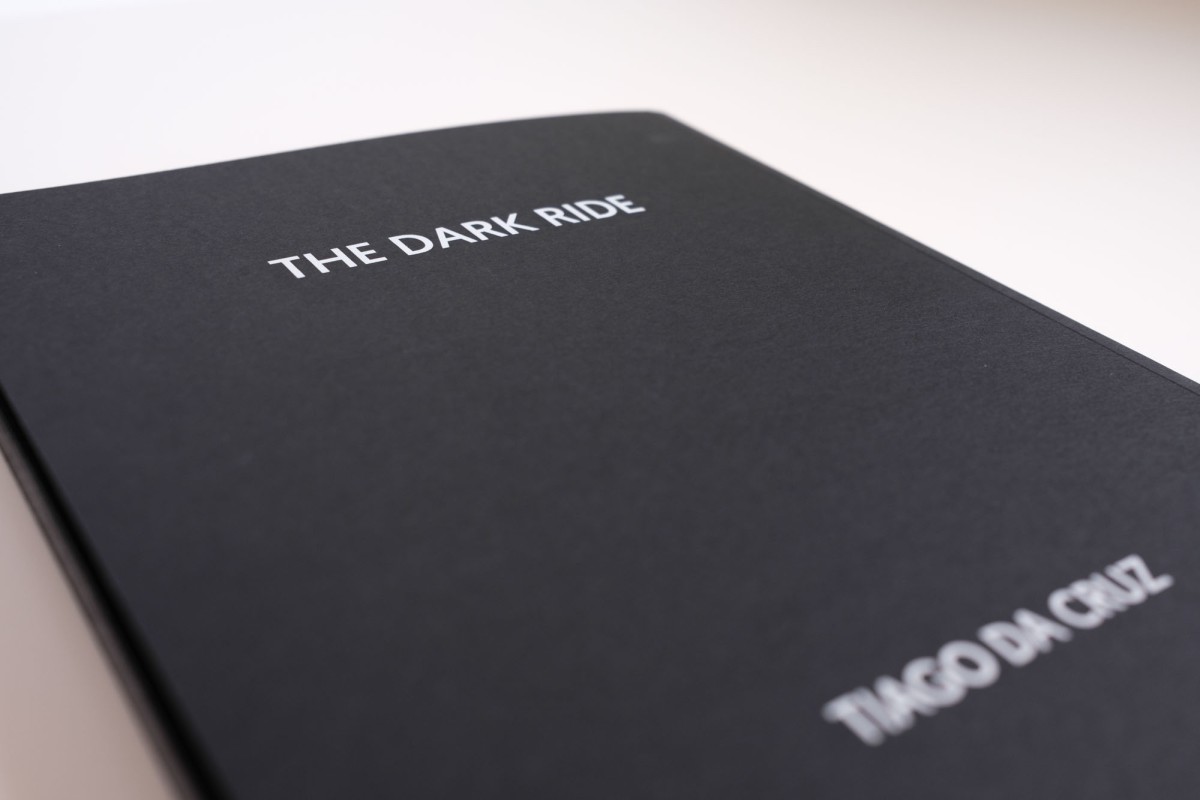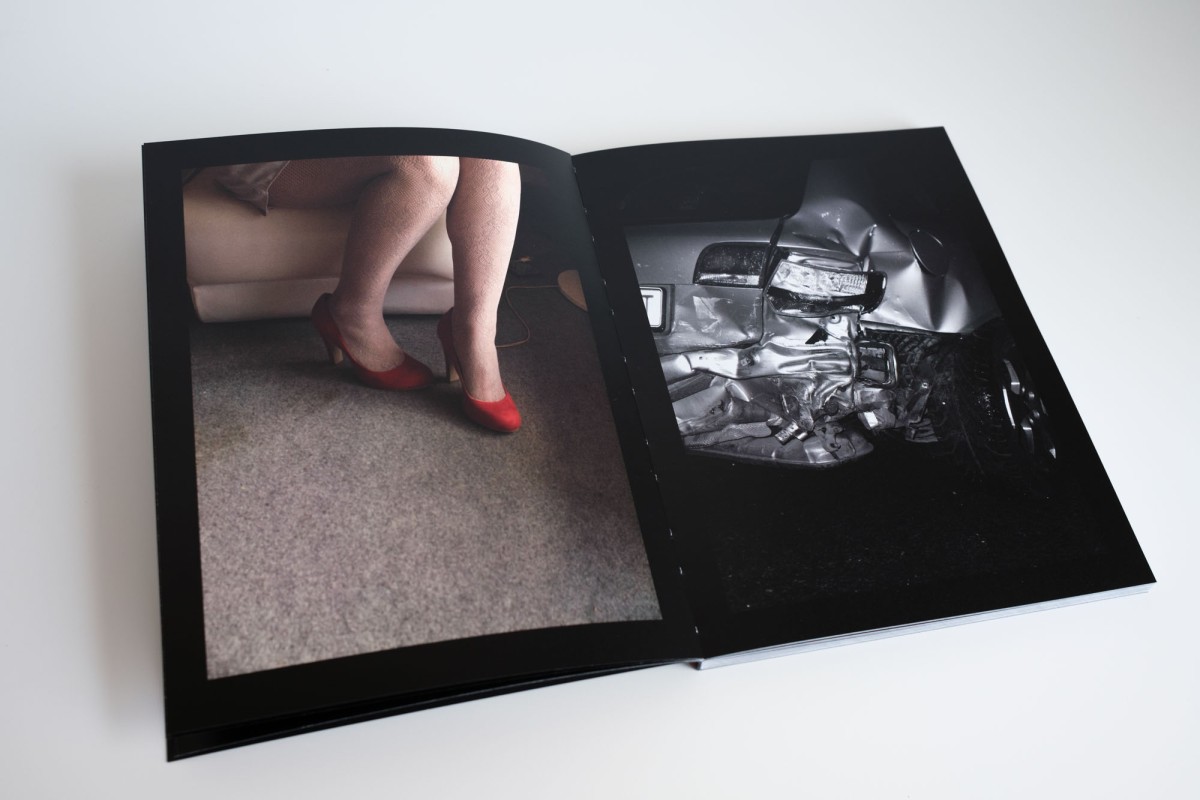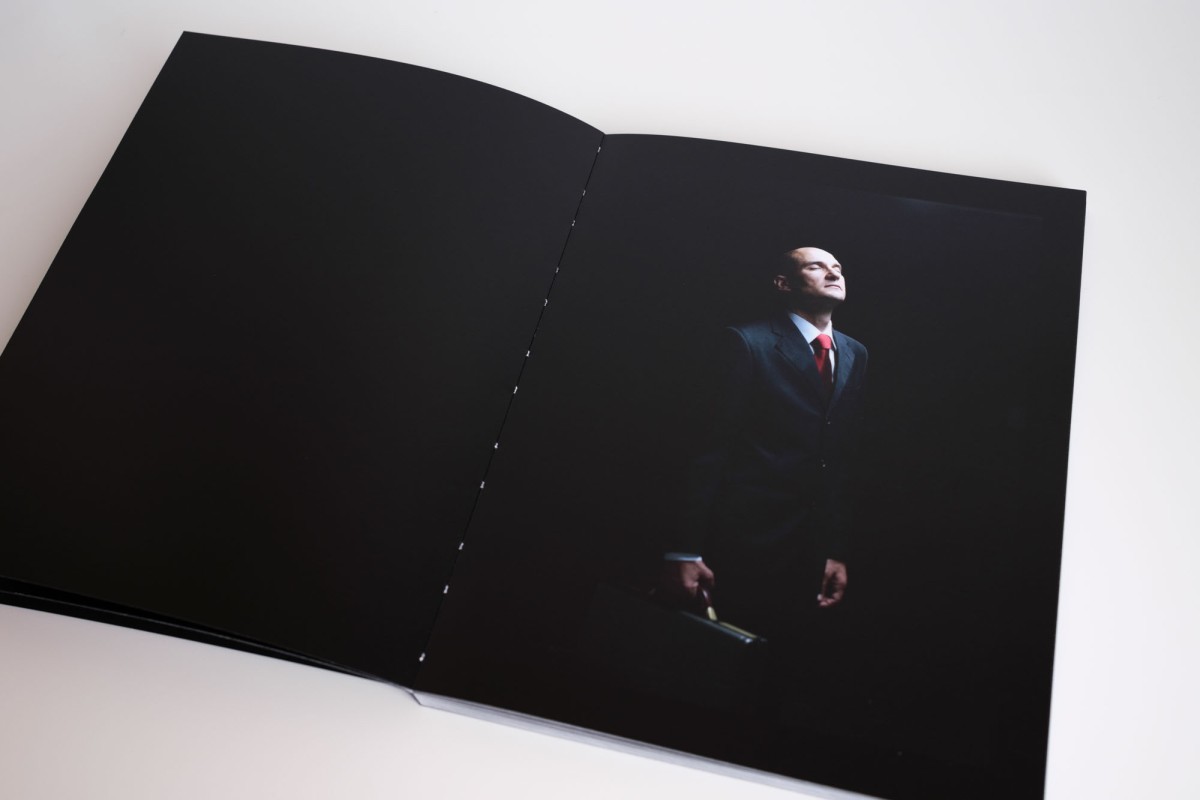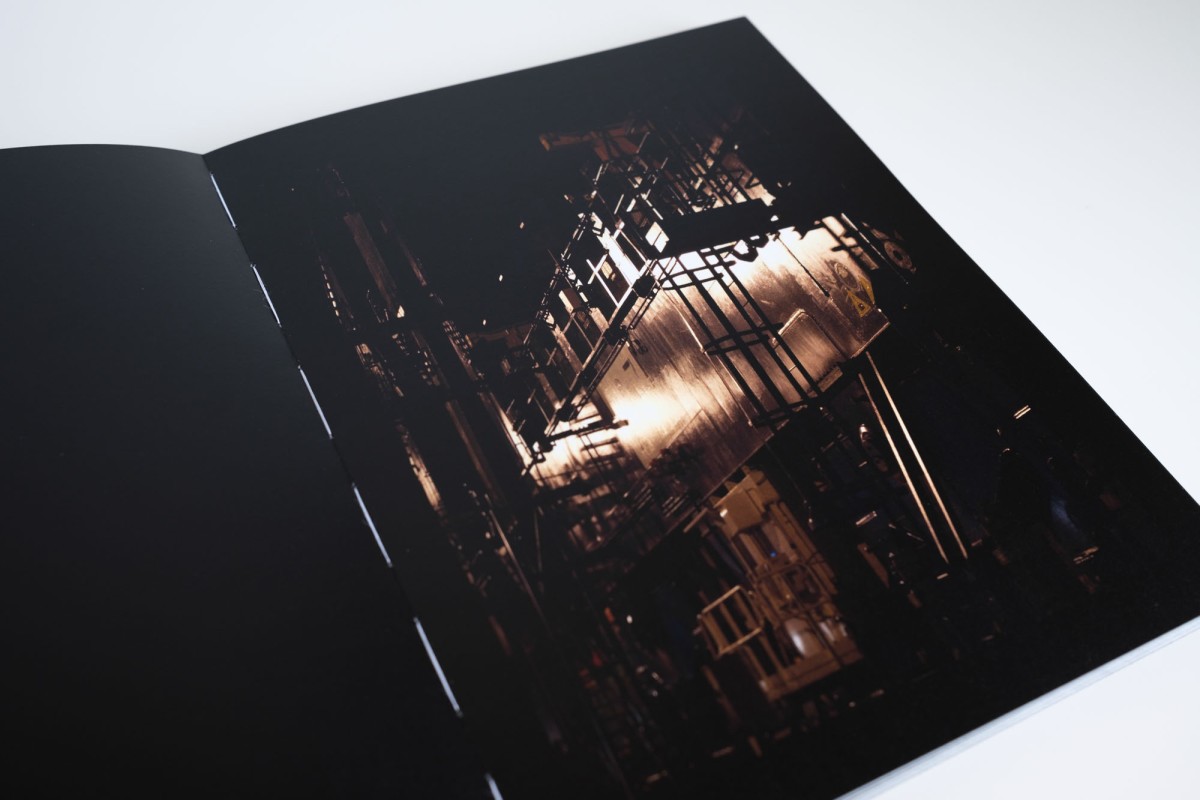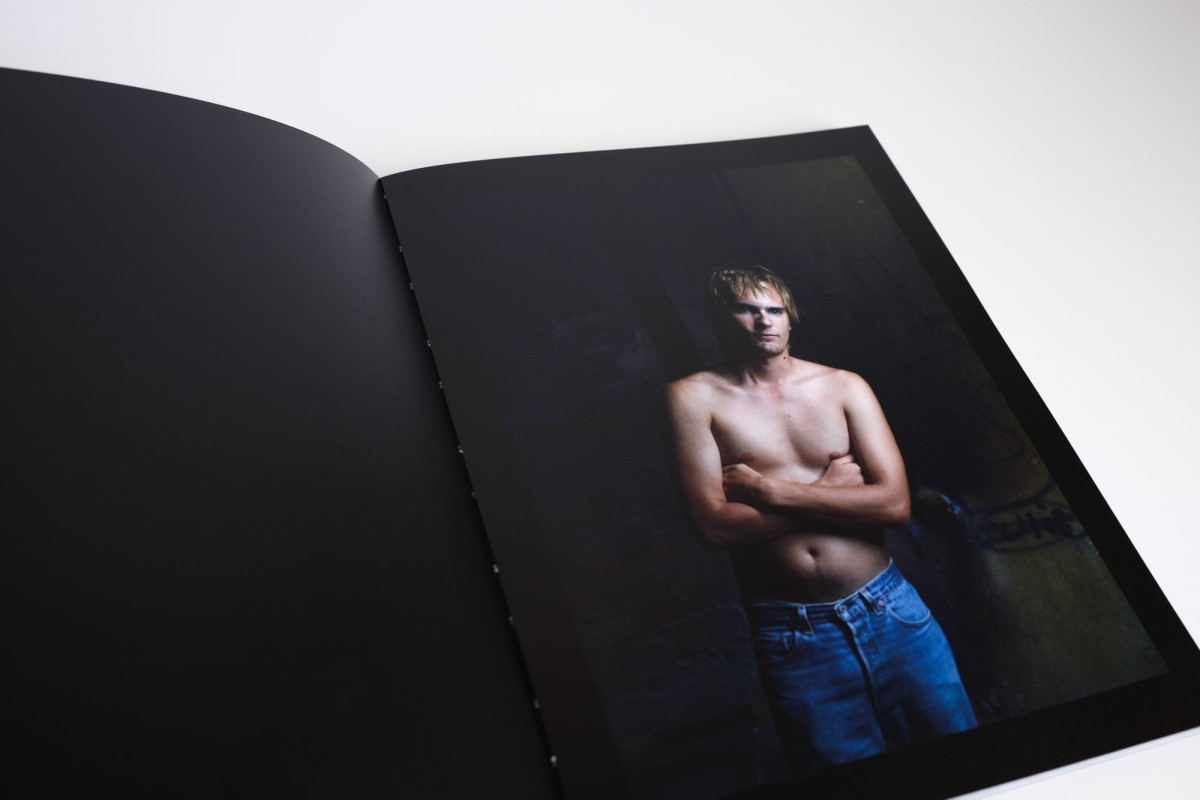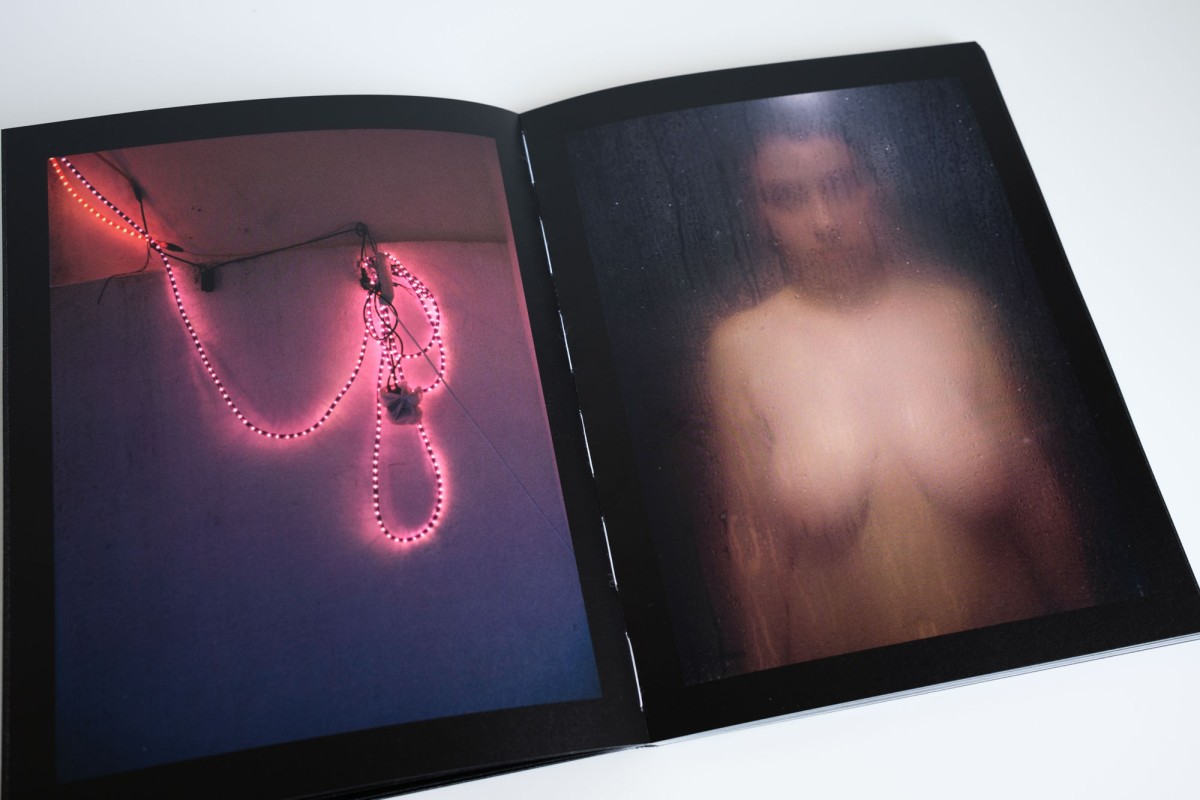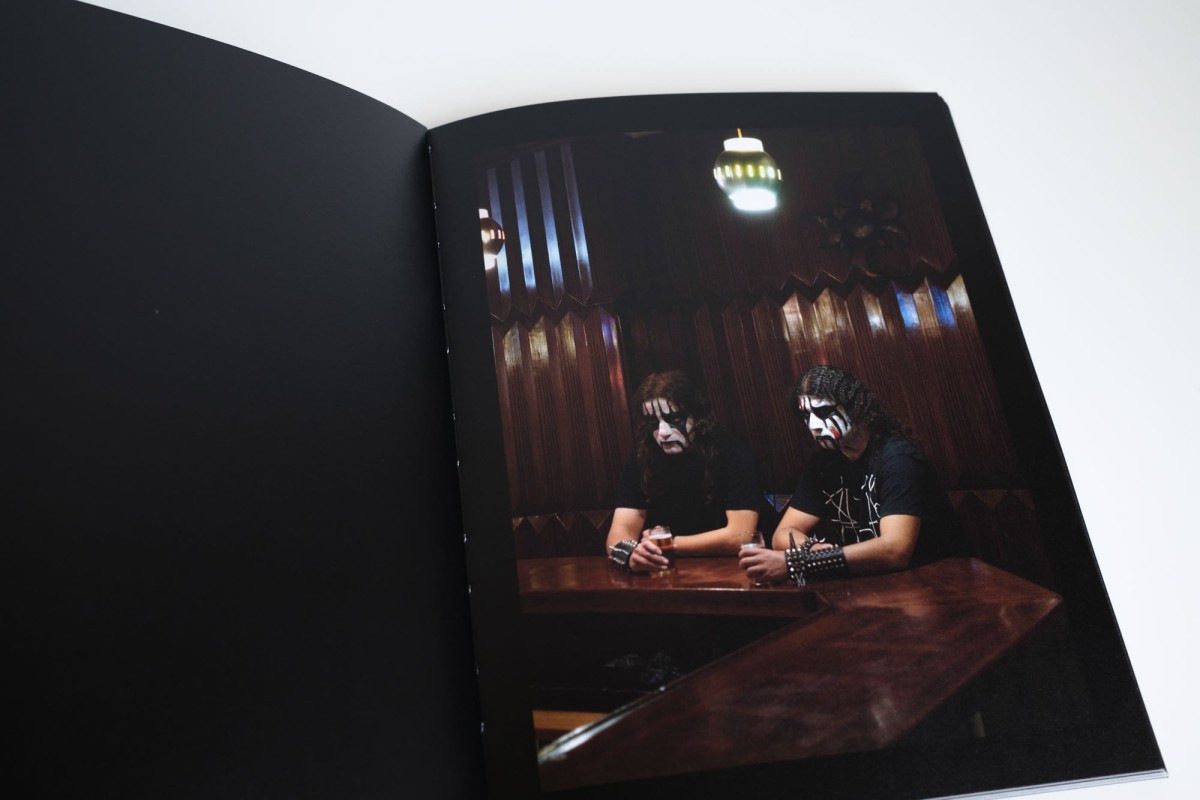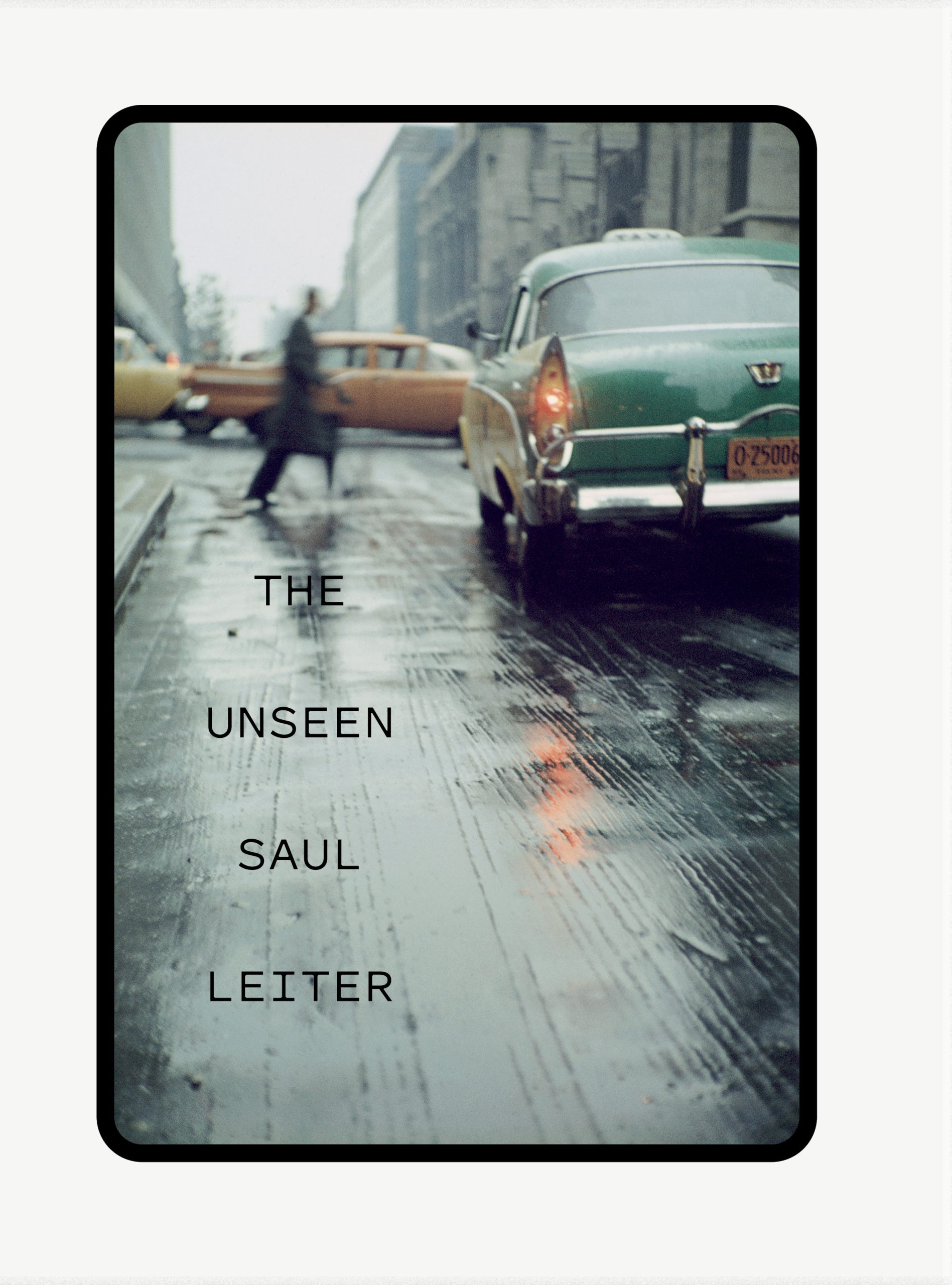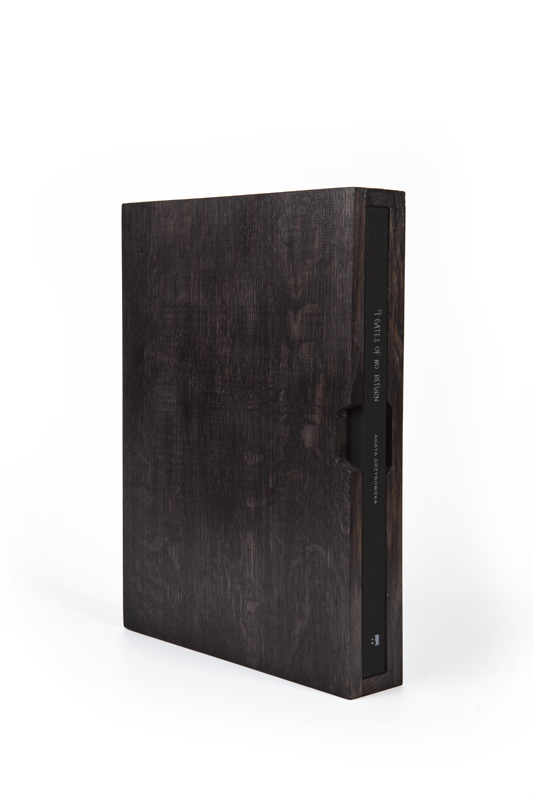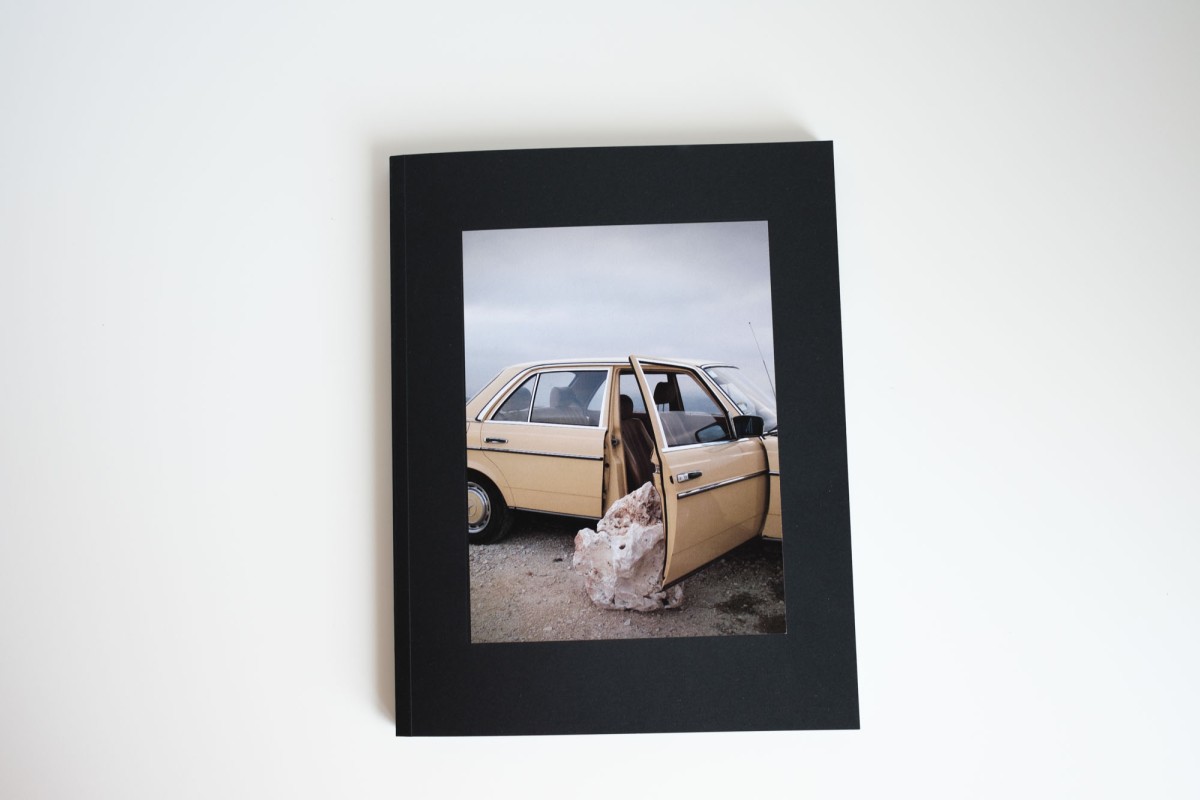
THE DARK RIDE
Tiago Da Cruz
Tiago da Cruz, a Portuguese photographer living in Algeciras, presents us with a dark work of subjective or introspective reportage, partly fictionalized or staged but always carried out under a certain atmosphere of possible reality, a reportage -in any case- with formal and semantic connotations that we could well define as pre-cinematographic. His story, entitled The dark ride, is more emotional and sensorial than concrete and, although without a linear script (and, in reality, neither a beginning nor an end), it is supported by a sort of sequential and ordered narrative of images (especially when it works in its best format, the photobook) with an effective and suggestive sound accompaniment (when the specific video of the work is viewed). The story is, therefore, pretentiously open and, with that, with a greater fictional and enigmatic component. It could well be a film noir but made not with the usual visual and narrative codes (we are referring to those of American films, the dominant ones so far) but, fortunately, with the equally attractive (and effective for the story) vernacular and local codes, specifically those that occur in life in southern Spain, in the area of the Campo de Gibraltar, a context (southern Europe) for which this type of cinema has also demonstrated its interest in recent times. Da Cruz does this work by entering and photographing a reality that is not alien to him. He has recorded scenes that belong to certain underworlds of the night in which he also immerses himself habitually as one more. This gives him a kind of passport to document in a very stark and truthful way (with an evident degree of empathy, intimacy and closeness) what his fellow travelers experience in their outings (although it should be noted that the entire work works more as an evocation than a revelation). The author himself points out: "The inhabitants of the night are distrustful and only accept the presence of those who walk beside them without judging them". Somehow Da Cruz photographs a real part of his life. But far from conceiving his work as an autobiographical diary (far from opting for that option, which tends to be more common), what he tells us is much closer to fiction than to personal life experience (and in fact there are staged and constructed images, even more than one of a clearly symbolic or allegorical nature). Moreover, despite the nocturnality and the premeditation (and unlike what we saw in R. Arocha's work, with its brilliant ugly or dirty language), Da Cruz's (language) is precious (at least, exquisite in lights and composition) and his images are free of artifacts and visual noise. In any case, our author manages to recreate a particular and silent closed universe, like motels, bars and dens of secondary roads, places of periphery and suburbs, with -as we said- clear influences of black cinema/novels (pay attention to the real artificial lighting, it is very suggestive), it is very suggestive), with references to the body, to sex, to pain, to pleasure, images inserted in a story with a certain mystery, enigmatic, disturbing, with sometimes claustrophobic and distressing atmospheres, almost always dark -as the title says-. The characters have no hierarchies of protagonism and we never know exactly what their specific role in the story is. The dark ride goes into the night, a parenthesis of time in which moral codes seem to be different. But they are codes that, in any case, always - says Da Cruz - "vanish when daylight arrives, leaving a taste halfway between redemption and guilt".
Jesús Micó
First edition of 100 copies
April 2023
Photo copyright © Tiago da Cruz 2007/2011
Published by UFCA
Alberto Galán Scholarship 2023
© 2023 all rights reserved
www.ufca.es
info@ufca.es







